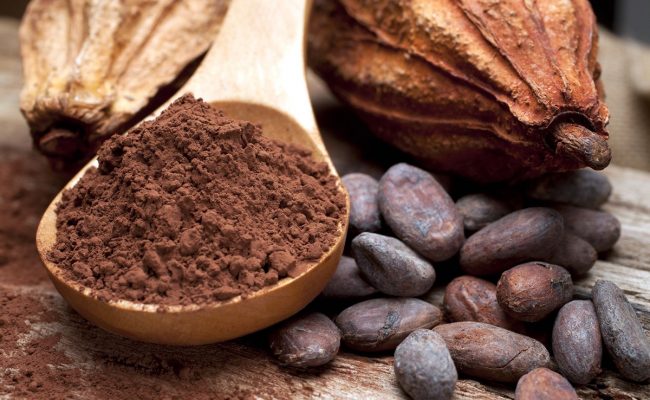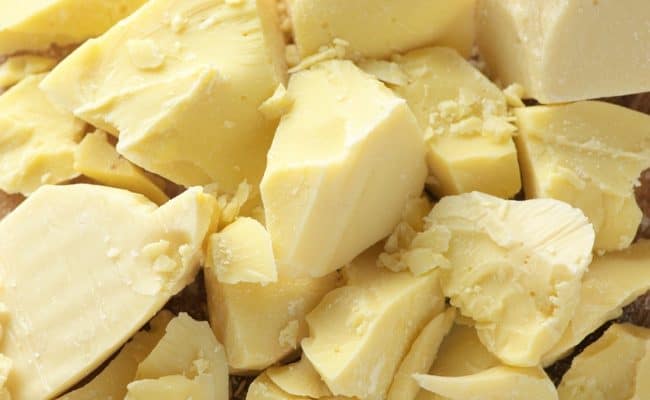
Most of us can identify with opening up a packet of potato chips with the intention of only eating a small handful to keep you going, only to find that once you start it’s hard to stop. Many foods have this seemingly addictive effect on us and while this may be caused in part by our own psychology and reasoning, there are also chemical reasons why some foods are more addictive than others.
Food addiction is a real thing and often leads to overeating, particularly of unhealthy foods, which can cause obesity as well as increase risk of lifestyle diseases such as heart disease, type 2 diabetes and even some cancers.
Although more research is needed into the particular effects of certain substances in food on the body and particularly on the brain in humans, evidence suggests that some foods can be highly addictive.
What makes foods more addictive?
Although not all the components of food have been studied in terms of their addictive potential, particularly in processed foods which may have many different combinations of ingredients both natural and synthetic, certain components are thought to contribute to food addiction.
Foods that are ‘hyper-palatable’ or in simple terms very easy to eat because they taste so good, are usually high in fat, sugar or salt, or possibly a combination of all three. These three ingredients are thought to have addictive qualities, which may explain why addiction is more likely to occur in unhealthy junk foods compared with fruit, vegetables and lean protein.
Overeating sugar is thought to produce addictive eating behaviours, and has been shown to have similar effects on the brain as are associated with drug and drug addiction. Sugar is thought to cause the release of opioids and dopamine in the brain, two substances that are implicated in addictive behaviours.
Highly salted foods have also been suggested to be addictive as salt is thought to stimulate opiate and dopamine receptors in the brain, triggering a response in the reward and pleasure centre. It has even been suggested that opiate withdrawal may be responsible for cravings, urges and hunger associated with salted foods. Aside from this salt acts to enhance flavour, making food more palatable. (see also: How to reduce salt intake)
Animal models have led scientists to believe that foods high in fat can also result in addiction and addictive type behaviours, however the biochemical systems involved may differ somewhat to those affected with sugar intake and the behaviours produced may also be unique.
What are the most addictive foods?
Given what is known about the addictive effects of fat, sugar and salt, it is hardly suprising that foods high in these macronutrients tend to be the most addictive. Processed or refined foods seem to produce the most addictive behaviours, possibly due to the presence of these nutrients, although there is also a possibility that various synthetic combinations which are present in processed foods may also contribute.
Food addiction expert Ashley Gearhardt from the University of Michigan, a co-creator of the Yale University’s Food Addiction Scale has released a list of what she considers to be the most addictive foods in our diet.
White Bread

Donuts
High in fat and sugar, it is not surprising that donuts are on the list of the most addictive foods. Not only this but are they high in calories and have little nutritional value at all aside from energy.
Pasta

Cake
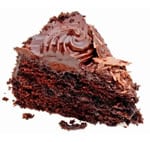
Chips
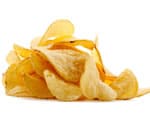
Cookies

Chocolate

Chocolate addiction, whilst maybe not as strong as those of alcohol and drugs is considered to be caused by numerous factors, from its pleasant taste and smell to biologically active components such as methylxanthines and niogenic amines, which have the potential to cause psychological changes similar to other addictive substances.
There is also suggestion that women may be more susceptible to the powers of chocolate due to fluctuating hormonal changes.(see also: Is dark chocolate good for you?)
French Fries

Candy
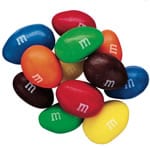
Ice cream

References used in this article

